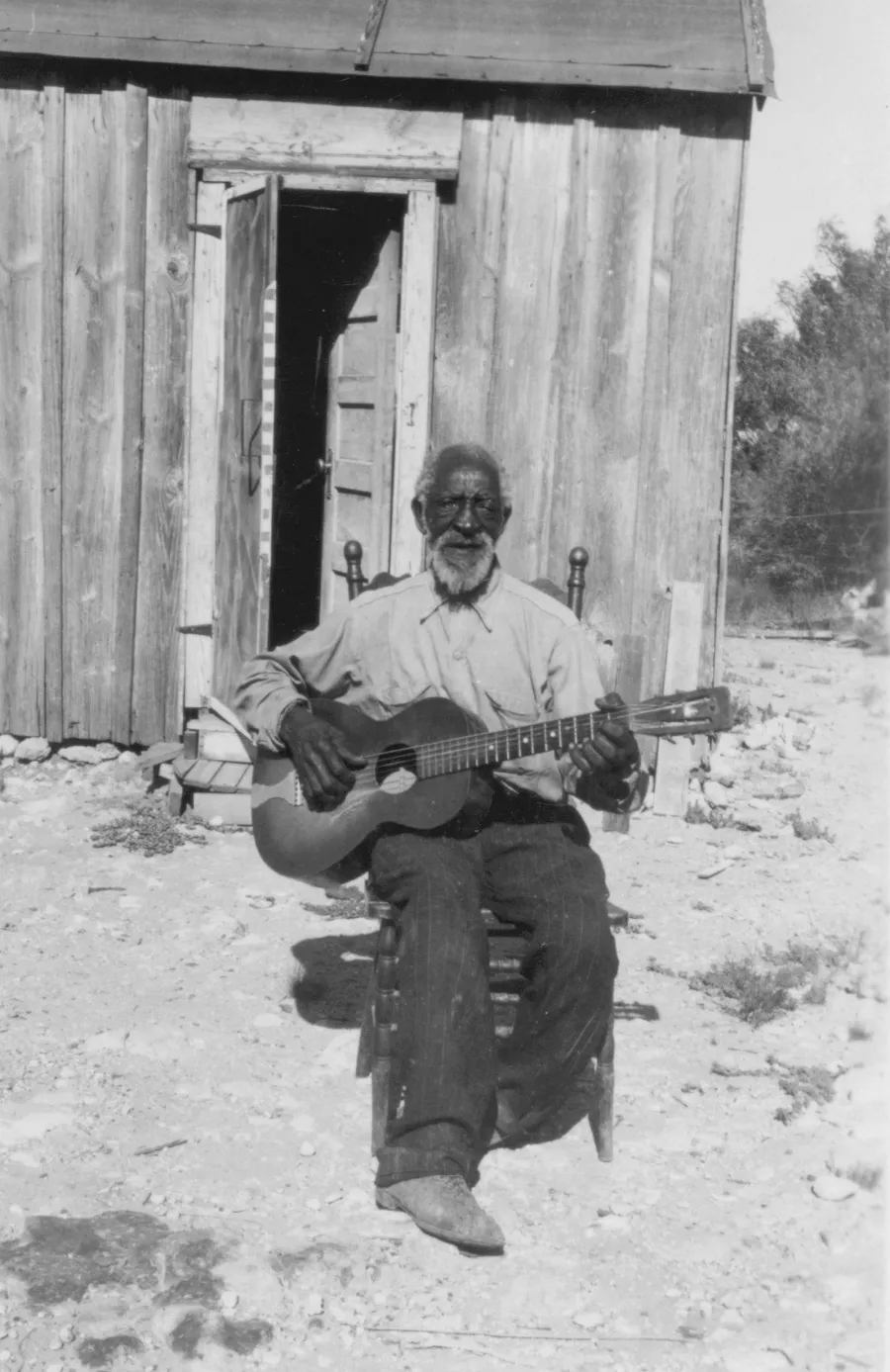The New Deal Program That Rewrote America

Lately, there’s even been talk about resurrecting one of the dreamier New Deal programs, the Federal Writers’ Project, which put unemployed teachers, reporters, novelists, librarians, poets, and folklorists to work on a big, communal publishing venture that held a mirror up to America. Not surprisingly, a lot of that talk has been from writers—but not all of it. In May, Representatives Ted Lieu, of California, and Teresa Leger Fernandez, of New Mexico, introduced the 21st Century Federal Writers’ Project Act, legislation that would create a grants program, administered by the Department of Labor, to hire journalists and other writers struggling with pandemic layoffs or the vicissitudes of the gig economy. (Lieu took inspiration from an op-ed written by David Kipen, an L.A.-based writer and arts administrator with a self-professed “evangelical belief in the lasting lessons of the FWP.”) It would be a jobs program, Lieu told the Los Angeles Times—and, like its nineteen-thirties predecessor, it would be animated by a documentary impulse, gathering American stories, starting with those of the pandemic, that “might otherwise go untold.”
Study: Private equity firms buying newspapers cut local news
Vulture capitalists are circling my old newspaper. Here’s why we need to fight them off.
How the Local News Crisis Affects Coverage of COVID and Climate – and Vice Versa

